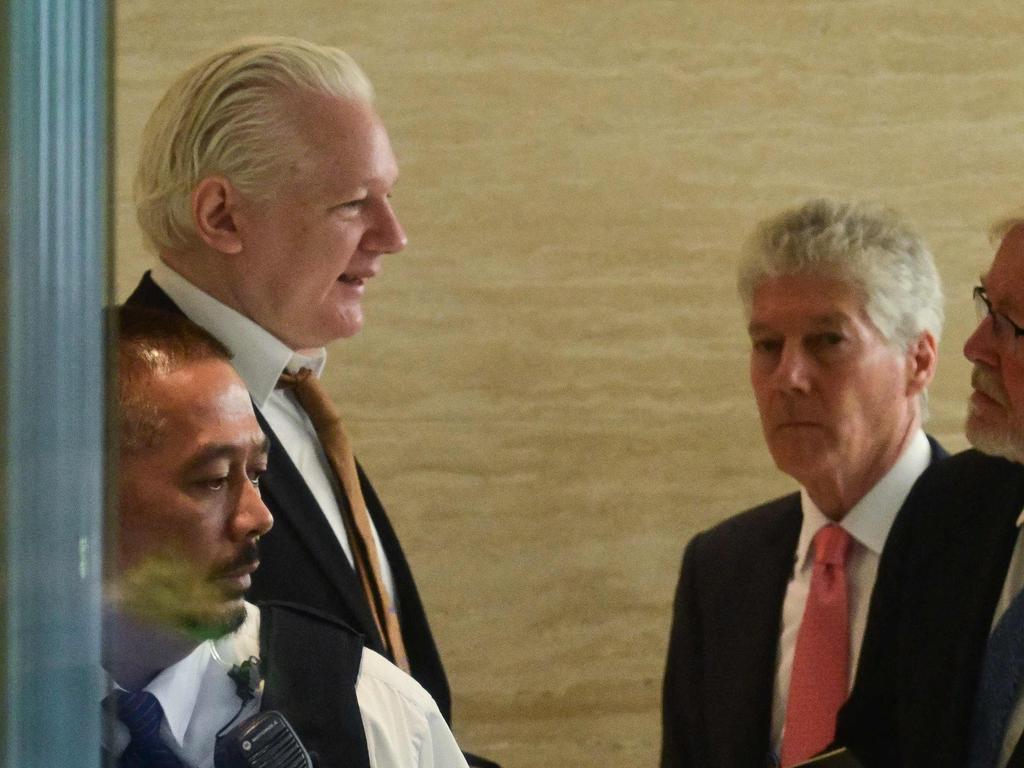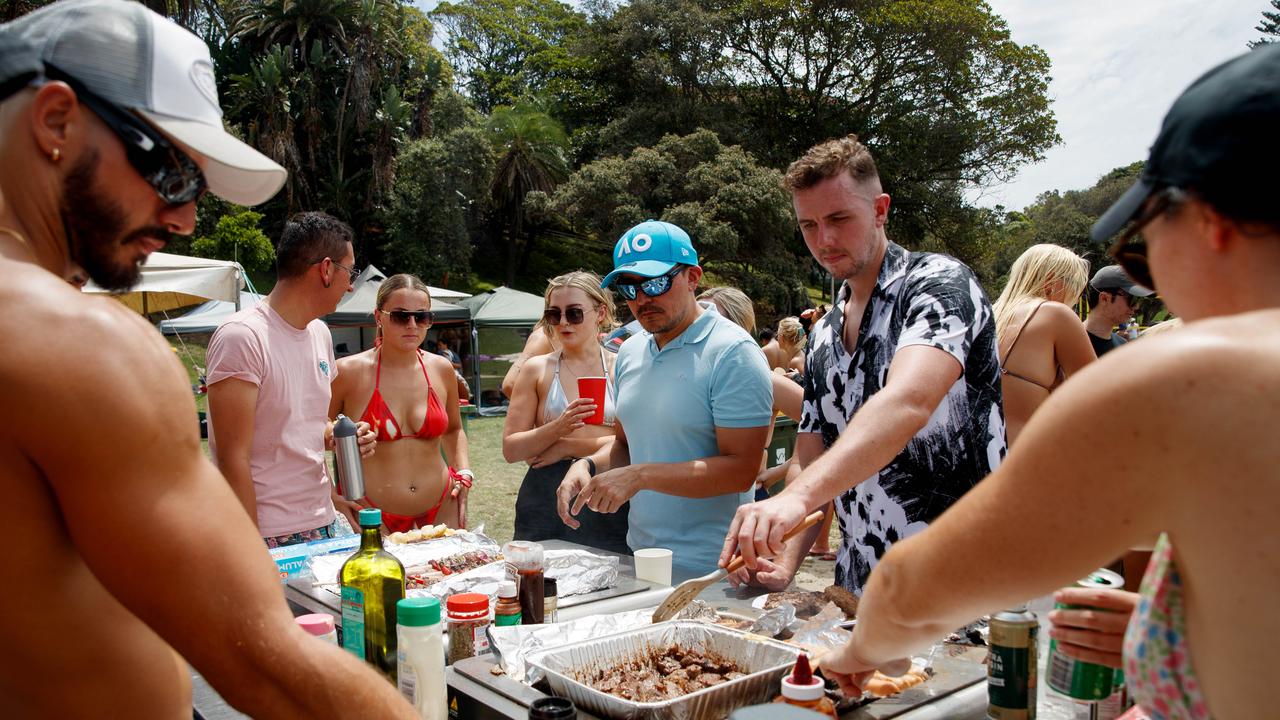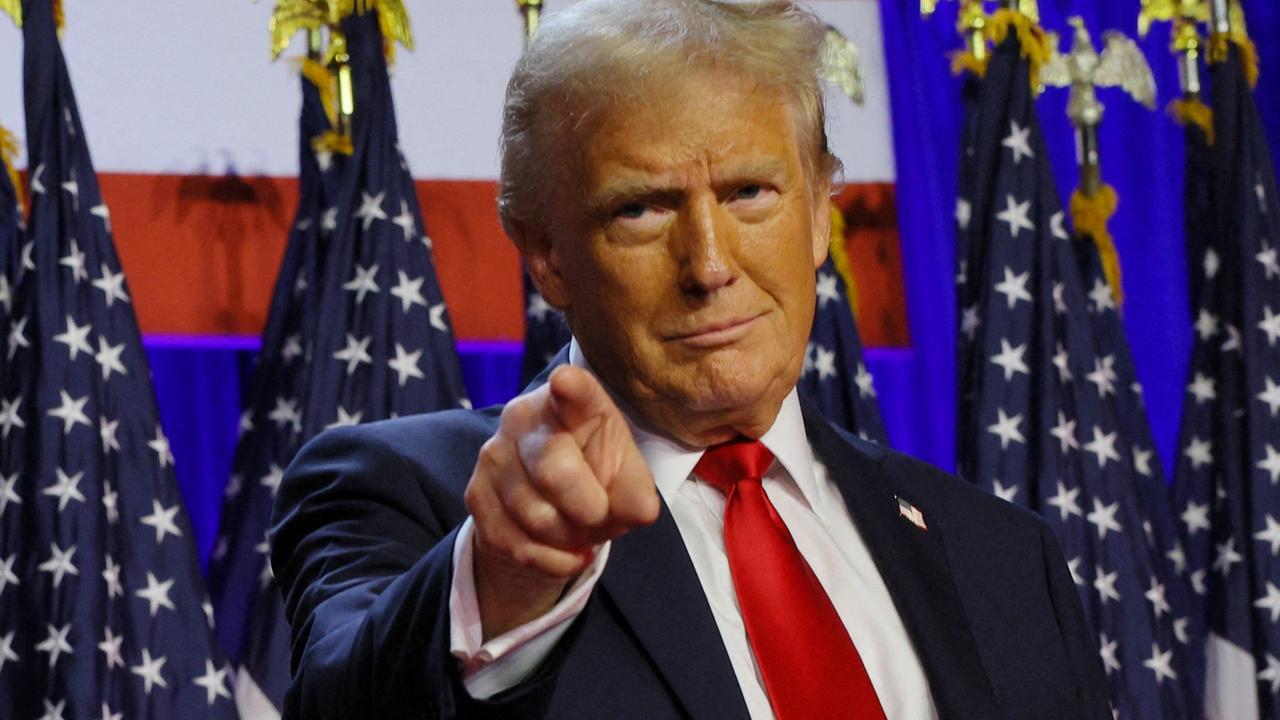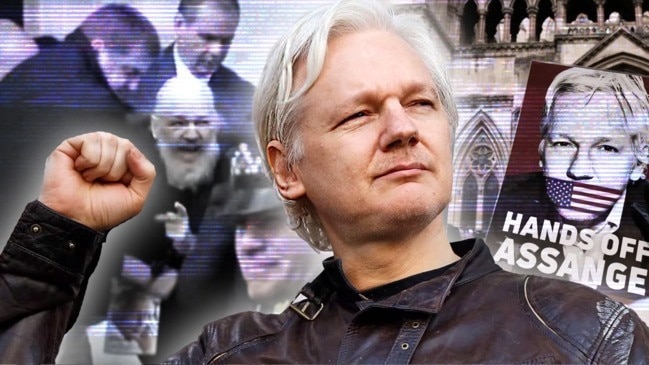
The media is buzzing with human interest stories about the release by the US government of Julian Assange, after a 14-year stand-off and a plea of guilty to a single charge of espionage.
His family are delighted and relieved. Those who have always seen him as a maligned hero and a victim of the national security state feel vindicated.
But what’s getting lost in all the brouhaha about the return of an Australian citizen are the underlying issues to do with freedom of speech and the classification of official information.
Assange is not a hero, intellectual or moral. He has for many years been an avowed anarchist and hacker who, while running WikiLeaks, openly declared that his ambition was to make it impossible for the machinery of state (in the US and among its allies) to function.
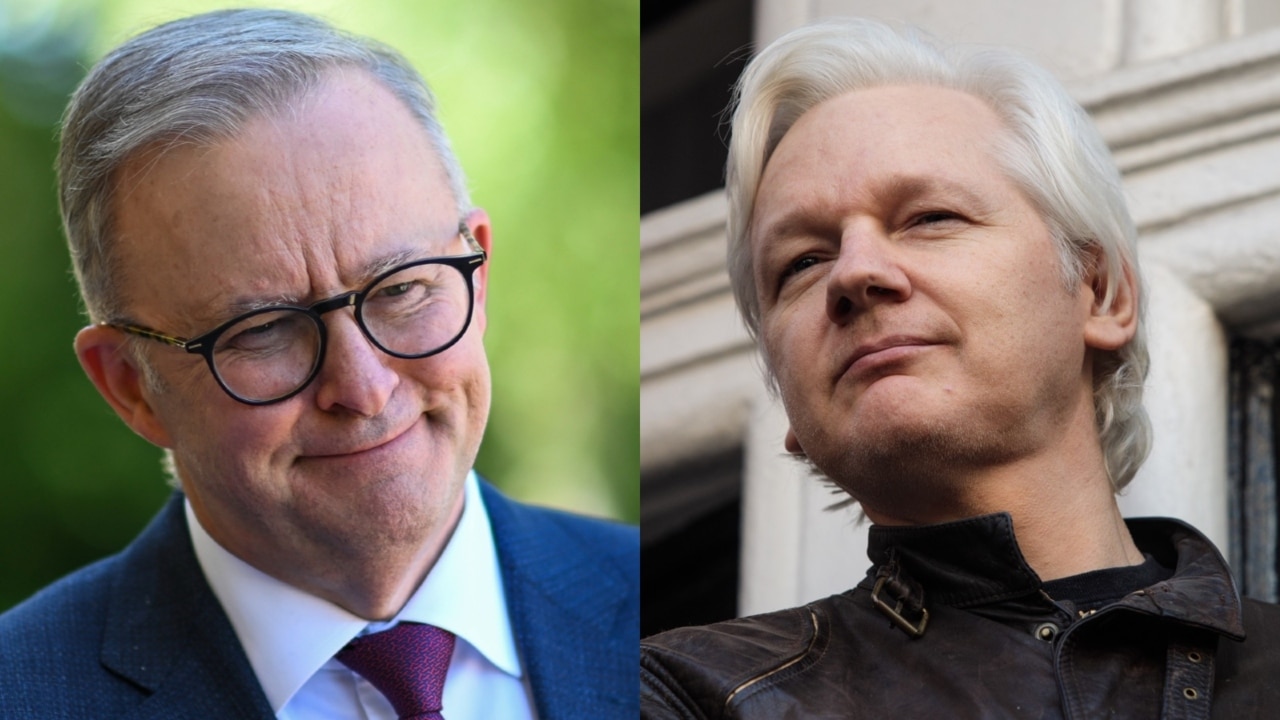
As early as 2011, his own former WikiLeaks colleague, Daniel Domscheit-Berg, wrote at book length (Inside WikiLeaks, 2011) about what he saw as Assange’s character flaws and abuse of power at WikiLeaks itself. He and his co-author, Tina Klopp, dedicated their book “To the First Amendment and those defending the world’s most precious bastion of freedom of speech”.
Ironically, as Domscheit-Berg stated in his Author’s Note, an organisation that had begun as a visionary project to champion openness and accountability became, within a few years, itself a wormhole of corruption and secrecy. That led him and others to leave the project in September 2010.
Even if we allow that the ordeal Assange has endured over the past decade and a half is, as the Albanese government is stating, punishment enough, there are multiple grounds for not seeing Assange as a celebrity whose behaviour should be applauded or emulated.
The first of these, as Alan Howe made clear in a feature essay in this newspaper in April, is that the man doesn’t deserve admiration as an individual.
Neither does his attitude to information and state security. There’s no doubt secrecy impedes the accountability of government and especially of its clandestine agencies.
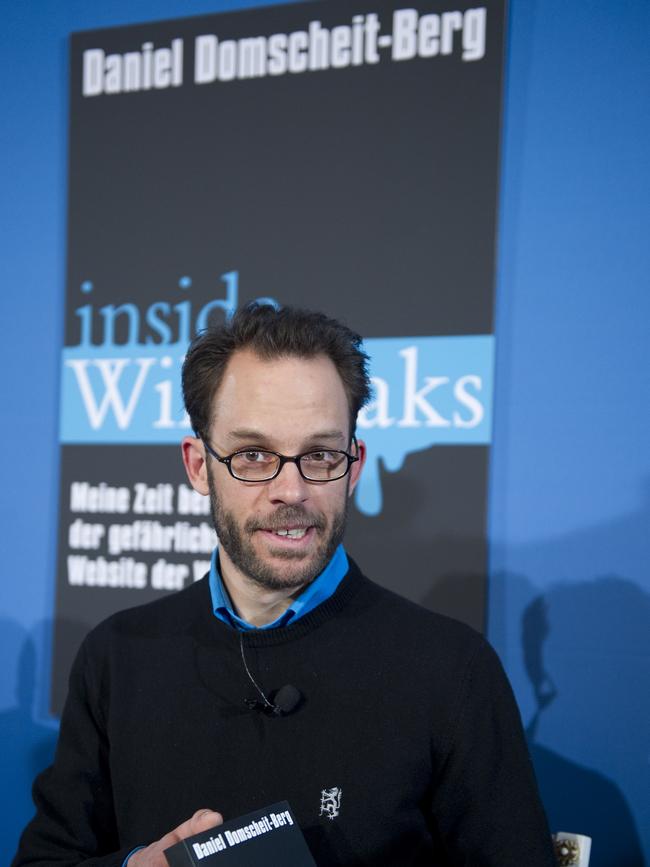
Far too much is classified and kept classified, or if released is too heavily redacted, making a mockery of freedom of information legislation, not only in the US but here in Australia. The problem is how to tackle that without undermining those measures of confidentiality vital to the conduct of diplomatic dialogue, intelligence collection and strategic preparedness.
Assange has never exhibited the slightest sensitivity or responsibility in regard to such matters. His flagrant disregard for them was exhibited when he insisted on releasing vast quantities of documents regardless of their content. Did he seriously expect, in doing so, that the US government and its allies should declare such behaviour legitimate under the First Amendment and encourage him and others to freely keep doing such things?
Let’s imagine that a comparable individual, or a well-placed intelligence or policy analyst in Canberra, was to get hold of and leak online hundreds of thousands of pages of classified material about the Albanese government’s exchanges with China about normalising relations, with the US about the future of extended nuclear deterrence in the Western Pacific and East Asia, and about cabinet discussions on Ukraine and Israel’s war in Gaza, and release the lot.
Would the Prime Minister and his colleagues be expected to wave all that away and insist that said leaker was just exercising their rights under freedom of speech? What if the individual in question publicly stated that their purpose was to make it impossible for the Australian government to function in foreign and defence affairs?
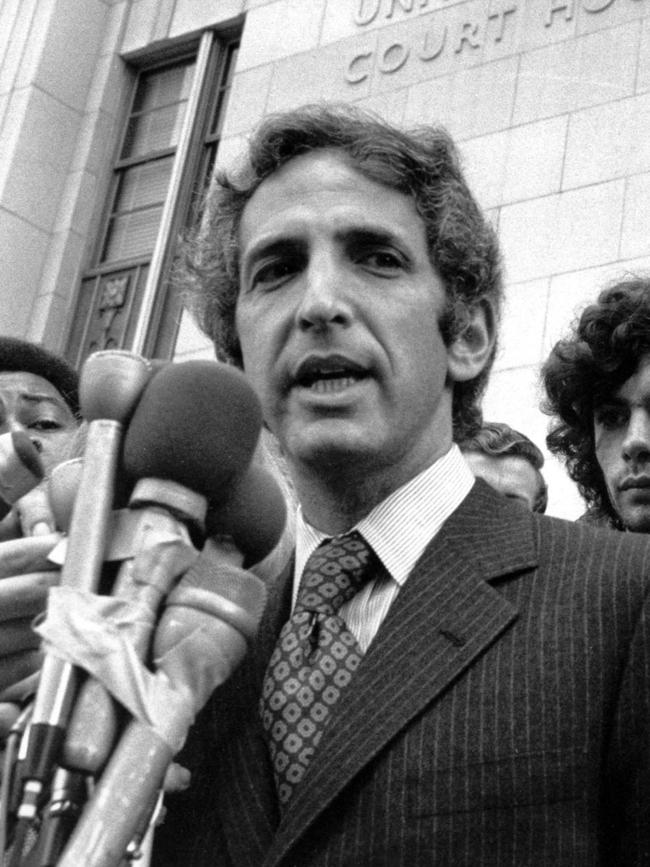
When Daniel Ellsberg leaked the Pentagon Papers in 1971, he expected to go to jail for the rest of his life and publicly declared he was willing to do that if it helped bring an end to the Vietnam War. But he wasn’t jailed. The prosecution of him became a landmark in American freedom of speech case law. Assange has always insisted he shouldn’t face prosecution at all. Given the Ellsberg precedent, why would that be?
Here’s what might be useful in all the circumstances: Assange should confess that he made irresponsible choices that he regrets, that he has learned the hard way that he needs, at the age of 52, to finally grow up, and that, on reflection, he believes there is a case for the confidentiality of much government business, but that this raises complex issues to do with accountability and freedom of speech.
Will he be open to doing any such thing, having been given a hero’s welcome back to Australia? One rather doubts it. But if he has any serious mentors, that is the path they ought encourage the ageing delinquent to embark upon.
If he applies himself to it with the diligence with which he developed his skills as a hacker and a fugitive from the law, he might give us a readable and even useful book. If, instead, he now indulges in unrepentant grievance and self-justification, he will be wasting our time and, ultimately, his own.
Paul Monk is a former senior defence intelligence analyst and the author of Dictators and Dangerous Ideas (2018), which includes essays on Daniel Ellsberg and Edward Snowden.





